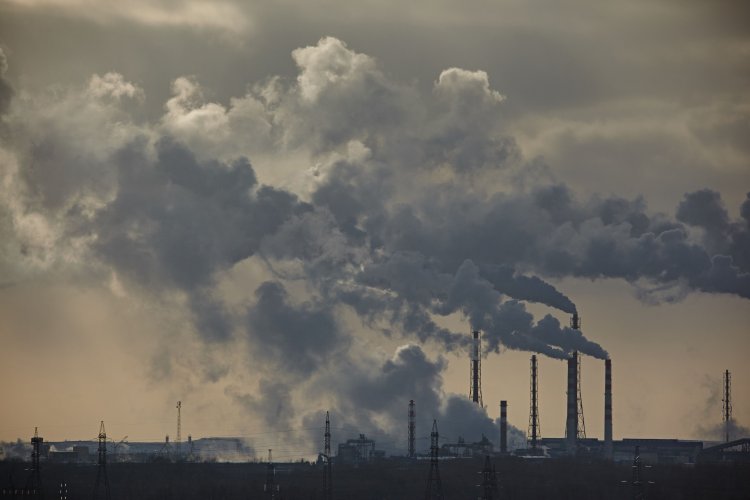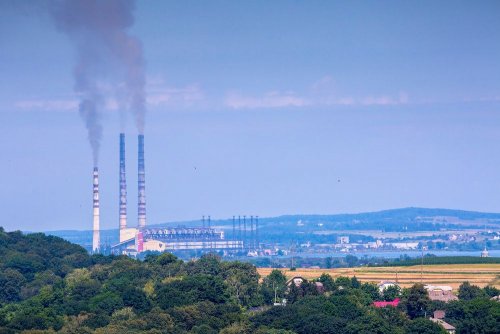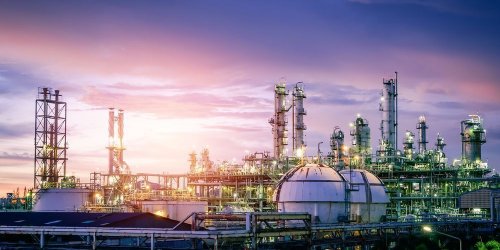In the European Union, the scope of application of the updated Directive 2010/75/EC was expanded and for the first time environmental legislation provided for compensation by individuals or legal entities for damage caused to human health during the operation of installations due to non-implementation of national measures provided for by this Directive.
The Ministry of Environmental Protection and Natural Resources of Ukraine shared details about innovations in European environmental legislation.
Changes in Directive 2010/75/EC
- The EU has expanded the scope of the Industrial Emissions Directive (an integrated approach to pollution prevention and control). It now includes several new activities:
- mining of ores (bauxite, chromium, cobalt, copper, gold, iron, lead, lithium, manganese, nickel, palladium, platinum, tin, tungsten and zinc);
- production of storage batteries;
- production of hydrogen by electrolysis of water;
- operation of waste landfills, etc.
Conclusions from the best available technologies and management methods (BTM) will be developed for them. The Directive also introduces a new chapter on poultry and pig farming.
- In addition to decarbonization, efficient use of resources and promotion of the circular economy, updated NDTM should ensure the use of less toxic hazardous chemicals.
- For the first time, a provision regarding the human right to compensation by natural or legal entities for damage caused to human health by installations in the course of their activities due to non-implementation of national measures adopted in accordance with Directive 2010/75/EU appeared in European environmental legislation.
Fines of at least 3% of the operator's annual turnover at the EU level in the financial year preceding the year of the violation are provided for the "most serious violations".
- Expanded powers of competent authorities to suspend the operation of installations that operate in violation of operating conditions.
The Ministry of Environment reminded that together with the revision of the Directive, the new Regulation on Industrial Emissions Portal (IEPR) entered into force. It should replace the European Pollutant Release and Transfer Register (E-PRTR).
The Portal is expected to improve public access to environmental data:
- will provide an opportunity to obtain information about permits issued in the EU;
- will provide more comprehensive information about industrial facilities;
- will simplify electronic reporting for operators;
- will strengthen monitoring of emissions and resource use.
Over the next 2 years, the European Commission will develop operator reporting forms that will display information on emissions and resource use. The first data for placement on the Enterprise Portal will be submitted in 2027. They will appear on the web resource in 2028.
Earlier, EcoPolitic wrote, that the updated Directive 2010/75/EU on industrial emissions entered into force on August 4, 2024. At the beginning of October Ecopolitics introduced readers to 3 of its main updates.





